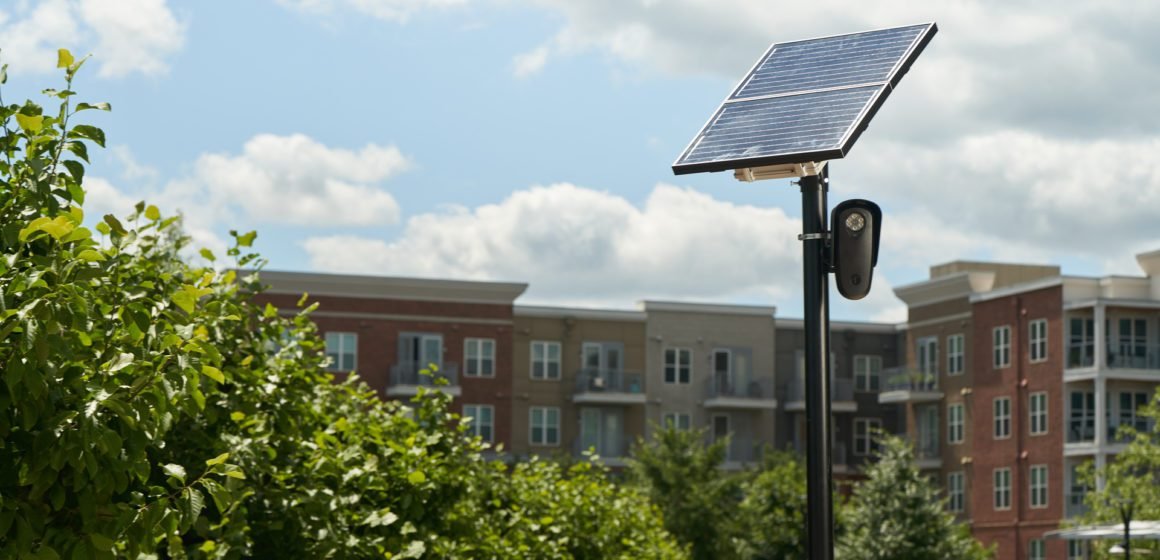On Saturday night in San Jose, Silicon Valley, its leader policeς sent his praises for the newly upgraded number plate reading systems:
“Officers in Air3 [police helicopter], monitoring it system ALPR, located 3 stolen cars. They directed the ground units to the cars and the 3 drivers are in custody! No dangerous vehicle chases took place, nor were they needed.
The 2 drivers tried to run away, but, you can't outrun a helicopter!”

Η San Jose Spotlight (ένας μη κερδοσκοπικός τοπικός ειδησεογραφικός ιστότοπος) αναφέρει ότι από πέρυσι οι αναγνώστες πινακίδων λειτουργούσαν αποκλειστικά από περιπολικά της αστυνομίας (χρησιμοποιούνται από το 2006). Όμως πέρυσι το αστυνομικό τμήμα του San Jose ξεκίνησε ένα νέο “πιλοτικό πρόγραμμα” με τέσσερις κάμερες τοποθετημένες σε μια πολυσύχναστη διασταύρωση. Το νέο project απέφερε καρπούς και “πραγματοποίησε σχεδόν 300.000 σαρώσεις πινακίδων μόλις τον τελευταίο μήνα, σύμφωνα με data city's".
The City, on the other hand, made it clear that the data is shared only with trained police officers and certain city personnel, and not with out-of-state or federal agencies. “If someone from the San Jose Police Department wants access to the ALPR system, they should state the reason, and the specific license plates they are looking for. All this information will be recorded so we can track how many times and for what purpose usessystem,” said Albert Gehami, San Jose Chief Digital Privacy Officer.
The San Jose City Council unanimously approved an operating framework last Tuesday that specifically prohibits the police department from selling license plate data, using that information to investigate a person's immigration status or to monitor legally protected activities such as protests .
But even with this operating framework, some privacy advocates still oppose the technology. Victor Sin, president of the Santa Clara Valley chapter of the ACLU of Northern California, expressed doubt about how much plate readers improve public safety.
The EFF opinion argues that "data from ALPRs is collected indiscriminately, collecting information on millions of ordinary people."
By correlating vehicle times and locations and tracing past movements, police can use stored data to paint a very specific portrait of drivers' lives, identify past patterns of behavior and possibly even predict future ones — despite the fact that the vast majority of the people whose data is collected and stored have not even been charged with a crime… ALPR technology allows officers to track everyone…”





